Keep your conscience clean and your soap bars green
TLDR
We don’t need greenwash. We need organic, vegan, palm oil free wash. Our natural soap bars are SLS free, cruelty free, and as kind to your skin as they are to the planet.
The function of soap is to keep you clean. But what’s the use of stepping out the tub polished and scrubbed, if we’re leaving behind a wake of planetary destruction? That’s one sure-fire way to deflate your bubble bath.
Is it possible to find a natural soap bar that’s good for you, good for people, and good for the planet? In short, yes it is. Beyond the intoxicating scents and invigorating scrubs, our chemical-free soap bars are vegan, cruelty-free, and organic. Our soaps are proudly plastic free to keep you in the eco-friendly lifestyle you work so hard to maintain, and your skin will thank you for nourishing it with coconut oil, and not a hint of SLS or palm oil.
Ticking all the green boxes in one go can be a tough job, so we’ve done the hard work for you. Your time is much better spent soaking up the great outdoors and nurturing your inner eco warrior.
The dirt on SLS
Sodium Lauryl Sulphate, otherwise known as SLS, is often viewed with a healthy dose of suspicion by anyone interested in natural body care. This chemical is a popular ingredient in soaps, toothpastes, and shampoos, and creates the lather we’re all used to. But for anyone with sensitive skin, it can be a real cause for concern.
Should you be worried? Most scientists agree that SLS is safe to use. However, complications arise when skin concerns are thrown into the mix, as some evidence shows that SLS can make conditions worse. Take a study from the University of Bath, where researchers found that the SLS in a cream used to treat eczema actually worsened the skin condition. The scientists found that the chemical thins the protective barrier of the skin, allowing more chemicals to get in, which causes irritation. That’s nothing to take lightly, when eczema affects around 10% of people globally.
At Jungle Culture, we like to keep things natural, so we don’t use SLS. Our soap base is made from coconut oil and sodium hydroxide (also known as lye), which is a key ingredient in the soap-making process. Once it’s gone through the curing process, the sodium hydroxide dissolves and won’t be found in the finished product.
For the love of orangutans
Another ingredient you won’t find on a Jungle Culture ingredients list is palm oil, which is often used to make soap.
Palm oil can be a nasty business. Orangutans, tigers, and elephants are losing their forest homes as deforestation rips through their land to make way for huge oil palm plantations, where they’re unable to survive. Indigenous communities like Sumatra’s Orang Rimba tribe have also been forced from their land. There are now more than 15 million hectares of oil palm plantations worldwide - that’s an area nearly five times the size of Belgium.
It need not be this way. There’s plenty of debate about whether palm oil can ever be sustainable, but while there are alternatives, where the planet is respected and crops aren’t grown in nature-damaging monocultures, we’d rather take that road.
We don’t use palm oil. At all. While you work up a lather with your shaving soap bar, rest in the knowledge that you’re keeping palm oil out of your bathroom, and out of your life.
Ingredients that don’t cost the Earth
As you get scrubby with a natural exfoliant soap bar, you might wonder what goes into your soap.
Our natural soaps are made from cold-pressed coconut oil. The responsibly-sourced coconuts come from a farm in the Mekong Delta in Vietnam. Each coconut is hand harvested from trees that produce around 120 coconuts a year, grown without the use of damaging pesticides. While the region faces huge challenges due to the climate crisis, coconuts have the incredible ability to adapt to the changing landscape.
Coconut oil isn’t just kinder to the planet, it’s also full of benefits for your skin. Slick it over your body for a hit of hydration, leaving your skin deeply moisturised. What’s more, coconut oil is brilliant at killing off bacteria - exactly what you want from a soap. It can also calm down inflammation, with some studies showing that it helps treat eczema. And there’s no harm in dreaming about tropical beaches as you breathe in the sweet, creamy scent.
But there’s more to Jungle Culture soap than coconut oil. Take the ground coffee beans from the Coffee Scrub bar, which are carefully sourced from across Vietnam. Or the essential oils like ginger, kaffir lime, and yuzu, all of which are completely organic.
And most importantly, none of our ingredients come from animals. It’s pure plant power.

Keeping it natural
Once the coconuts are harvested and the essential oils are sourced, it’s time to make soap.
In Ho Chi Minh City, Vietnam, each and every soap bar is handmade using a cold process. The dry ingredients, and then the wet ingredients, are all mixed together over several hours until the blend reaches the perfect consistency. The soap makers pour the mixture into aluminium moulds and line them up on a rack, letting them dry naturally. Even at this stage, where extra heat could speed things along, we prefer to keep it natural. Around six weeks later, the bars are finally ready. They’re hand cut and carefully wrapped in recycled paper.
This process takes time, but it’s worth every moment for a natural soap that’s zero waste, respectful of our planet, and beautiful on our skin. Doing good feels good.
Ready to take a look at the natural soap bar range?
Frequently asked questions
Are your soaps suitable for sensitive skin?
Our natural soap bars and shaving soap bars are designed to be gentle and nourishing for all skin types, even the most sensitive skin. However, if you’ve got sensitive skin then it’s best to steer clear of the exfoliant soap bars, as they might leave you feeling a little irritated. If, on the other hand, you are in need of exfoliation, our exfoliator bars work best with either a natural loofah or one of our sisal soap saver pouches.
If you’re concerned about how your skin might react to any of our soaps, try out a small amount first before covering yourself in head to toe suds.
What is sodium hydroxide?
Sodium hydroxide is also known as lye, and is an essential ingredient in soap making. Mixed together with fat or oil (pure coconut oil in our case), it goes through a process calledsaponification,which is how a soap is born.
Are your soaps palm oil free?
We don’t use any palm oil. We prefer to know that we’re taking care of our planet, and so we use responsibly-sourced coconut oil from a farm in the Mekong Delta in Vietnam.
What is the scrub in the exfoliant soap bars made from?
We only use natural exfoliants in our soaps, so you can thank ingredients like sea salt and ground coffee beans for the scrubby texture that leaves you polished to perfection.
What is activated charcoal?
Activated charcoal is made when high-carbon materials (such as wood) are heated at a high temperature, then oxidised with steam. It can absorb substances onto its surface, which is why it’s thought that activated charcoal soap can remove toxins from your skin, leaving your pores clear and your skin cleansed.

Are your natural soap bars vegan?
Yes! We don’t use any animal products, and much prefer to lather up with plant-based, cruelty-free soaps.
Got more questions? Drop us a line!
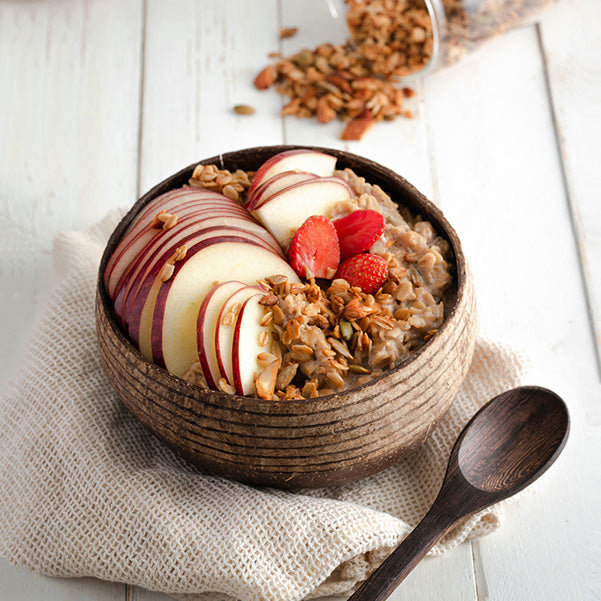
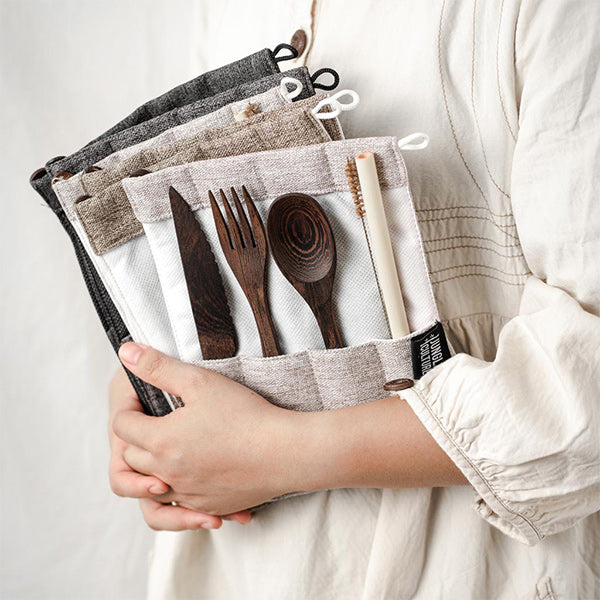
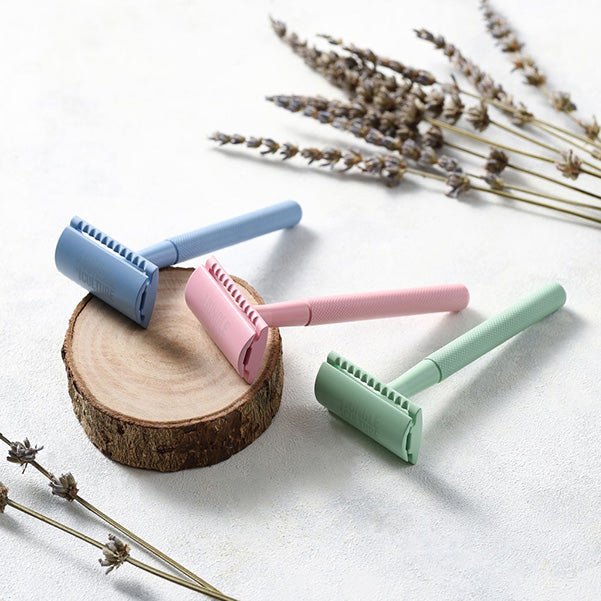
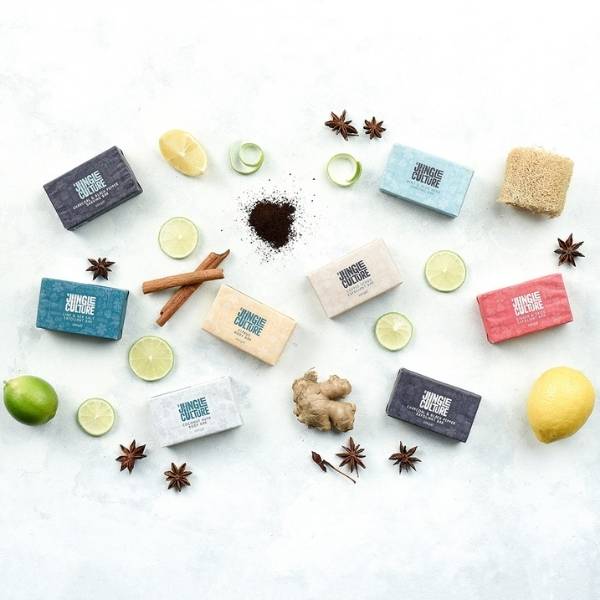
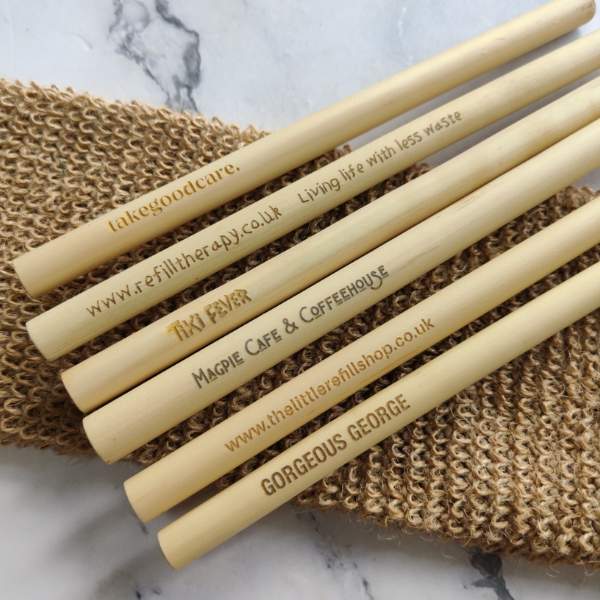
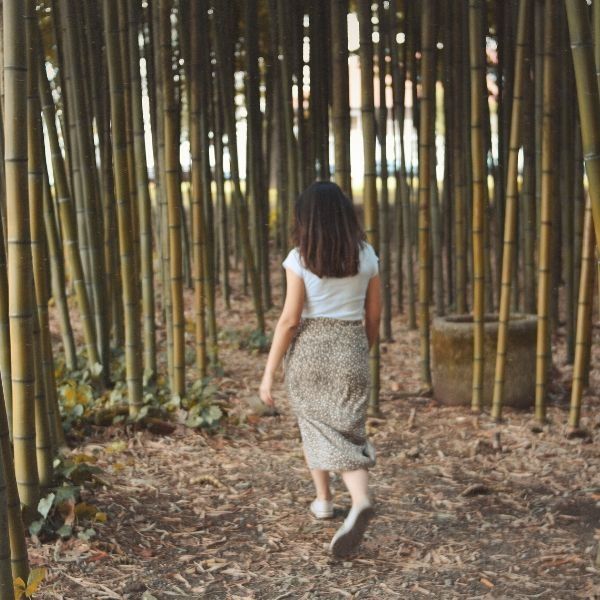
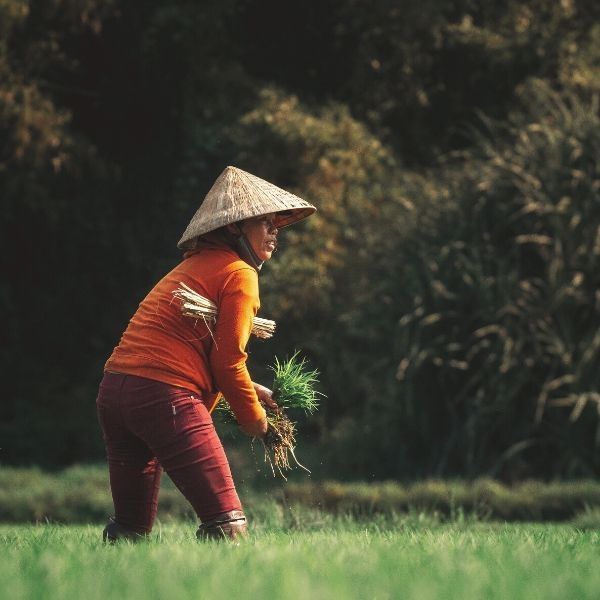
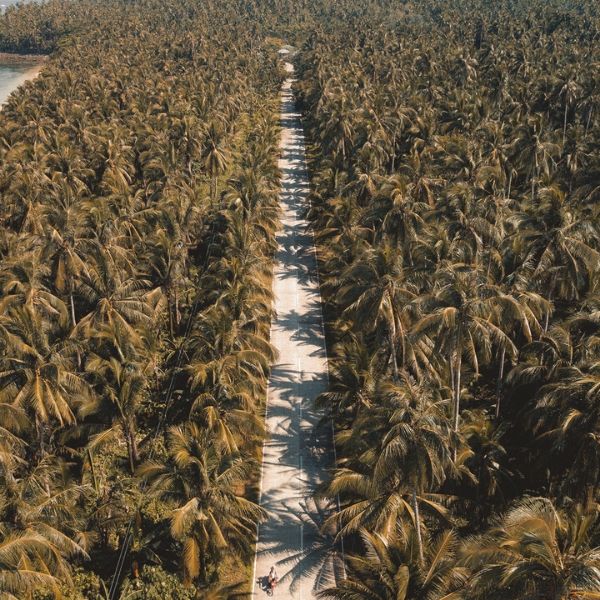
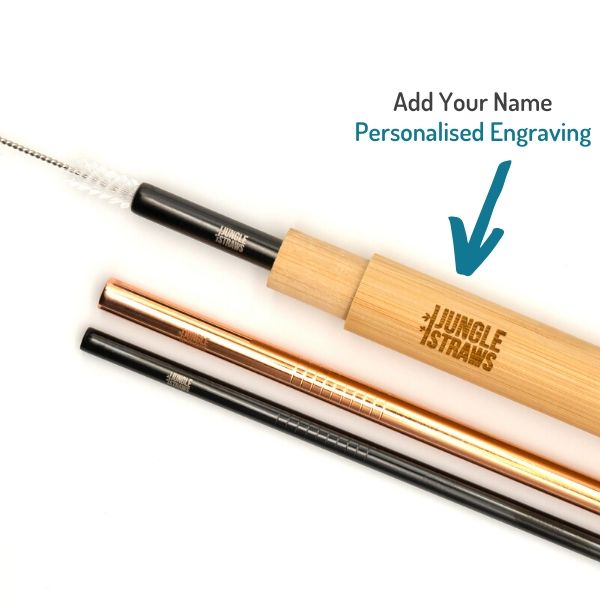

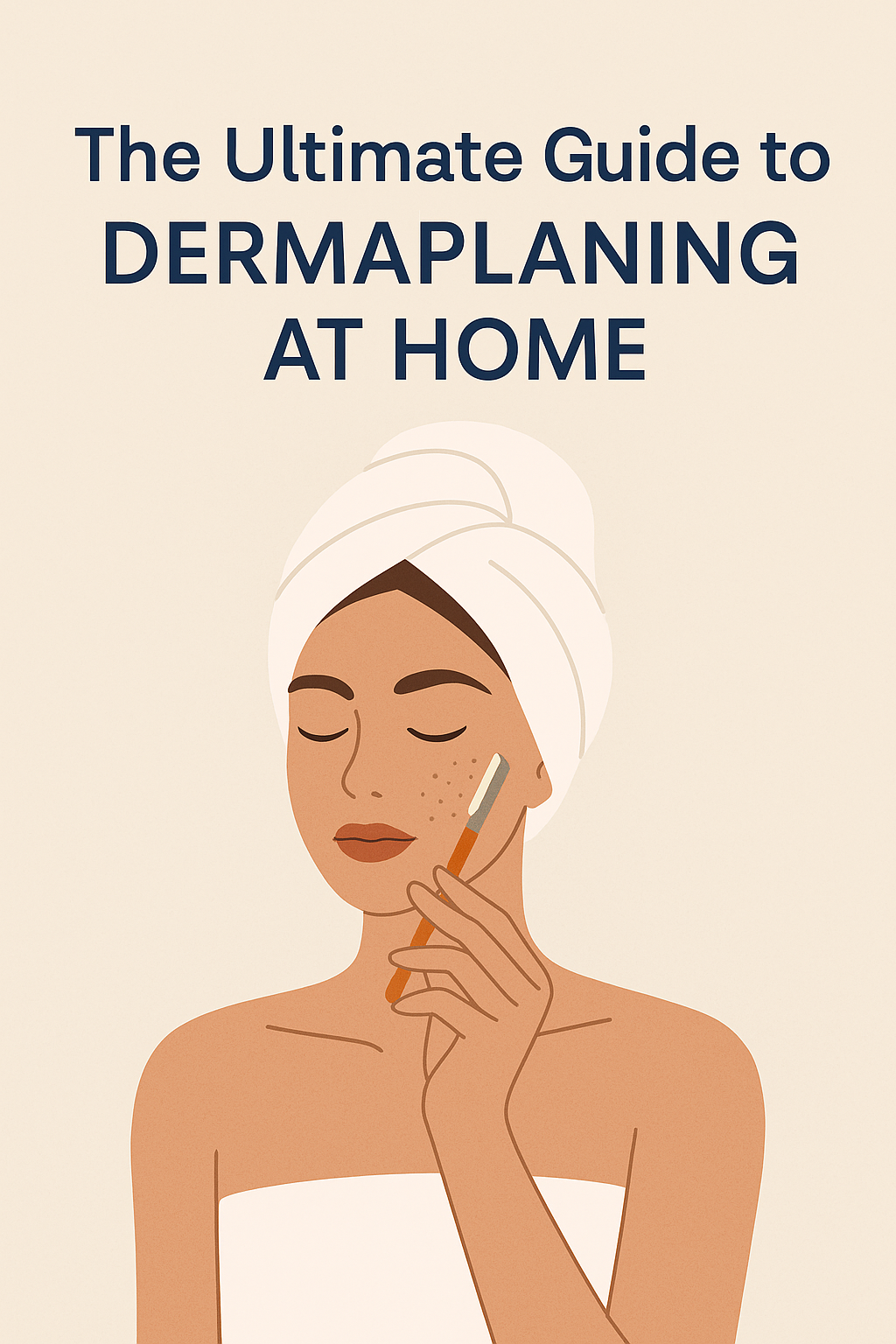
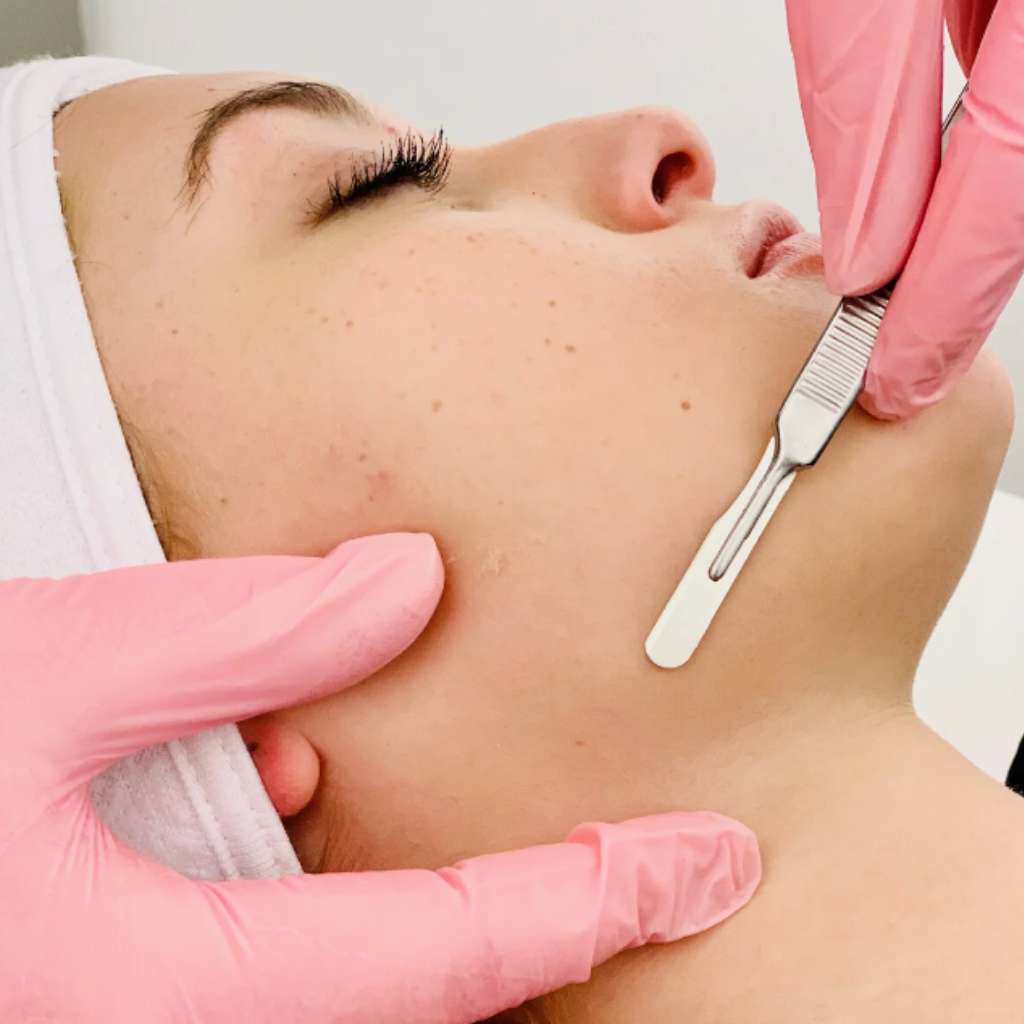
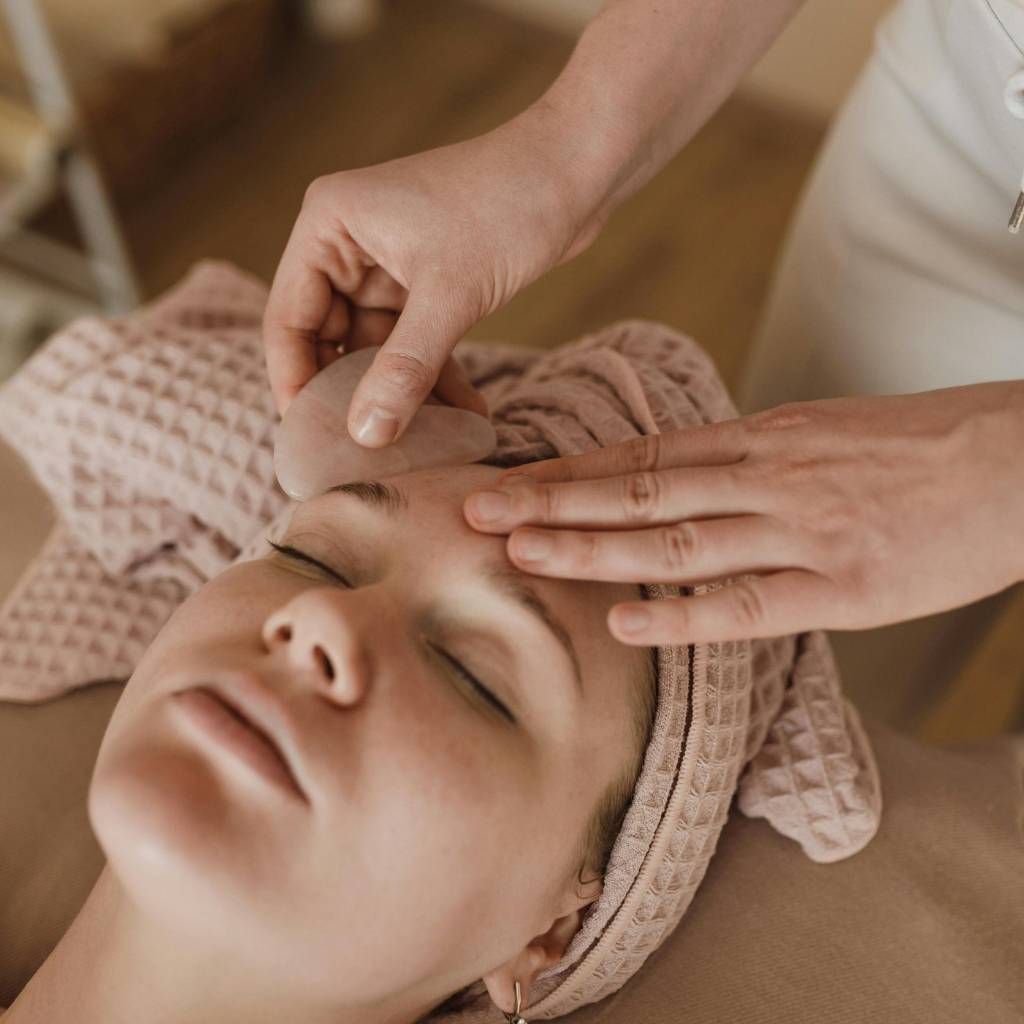
Simon Pennington Marshall
July 31, 2024
Thank you Jungle Culture for your wonderful products that give us the ability to make a better choice and help protect our planet from plastics and poisons that ultimately end up in our oceans and the food chain.
Thank you for your commitment to helping us change.